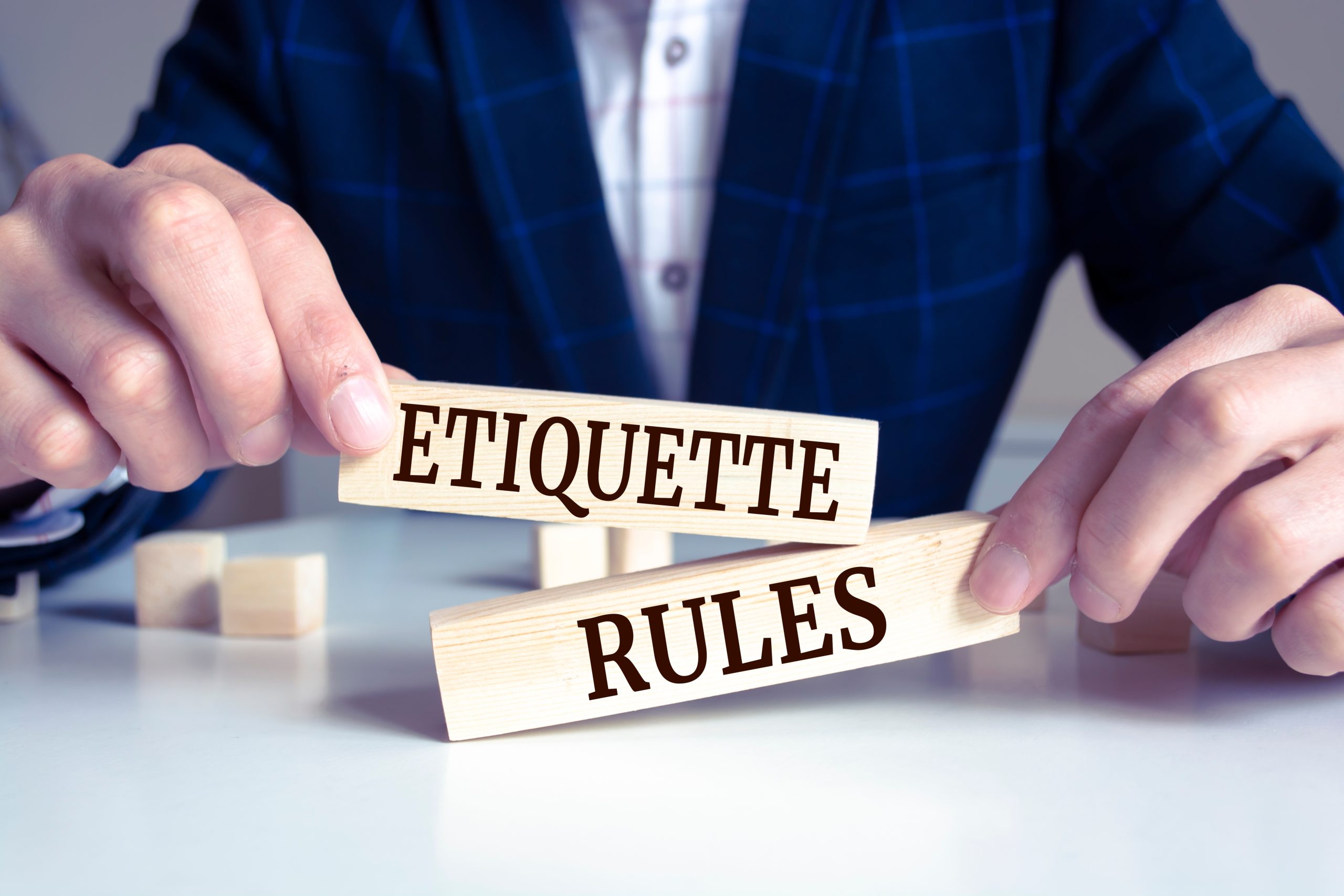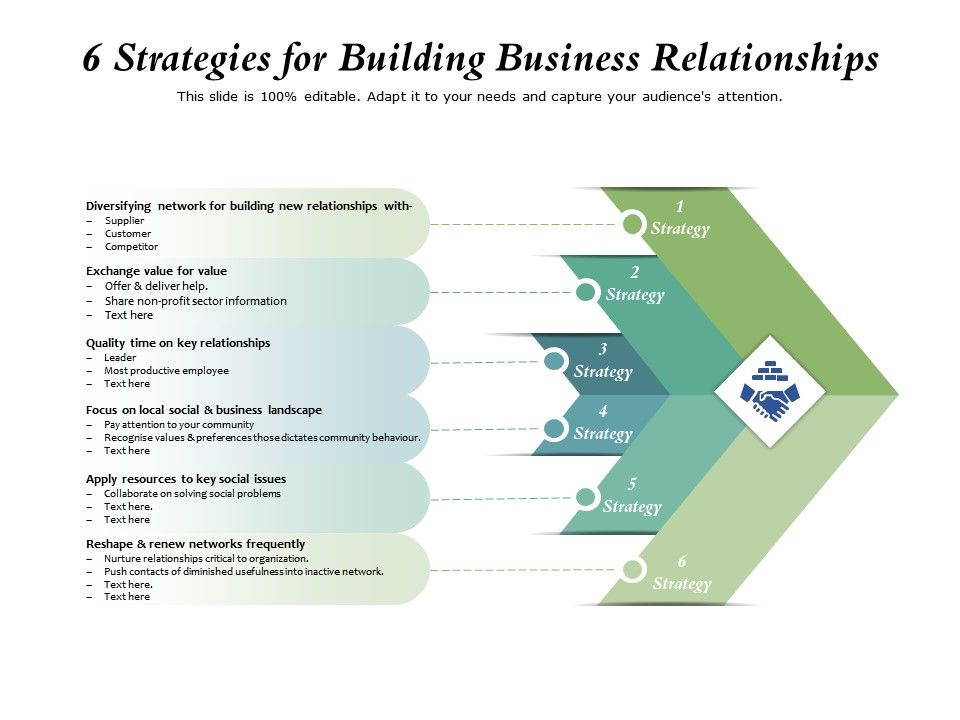Mastering Office Lunch Etiquette: 6 Essential Rules

Table of Contents
Understanding the Office Lunch Culture
Before diving into specific rules, it's crucial to understand the unspoken rules governing lunchtime in your specific workplace. Office lunch etiquette varies greatly depending on company culture, industry, and even team dynamics.
Observe and Learn
The best way to understand your office's lunch culture is to observe. Spend some time watching your colleagues during their lunch breaks.
- Pay attention to the overall atmosphere: Is it formal or informal? Are conversations generally quiet or boisterous?
- Note whether people typically eat alone or in groups: This will help you determine whether joining a group for lunch is appropriate or if it's more common to eat at your desk.
- Observe the types of food people bring and how they eat them: Are people generally discreet with their food, or is it acceptable to have louder, more informal meals? This helps you gauge the level of formality.
This initial observation period will provide valuable insight into the unwritten rules of your workplace's lunchtime dynamics, setting the stage for more confident and appropriate lunch behavior.
Respect Dietary Restrictions and Preferences
Showing consideration for colleagues' dietary needs is a fundamental aspect of positive office lunch etiquette. Remember that everyone has different preferences and restrictions.
- Avoid strong-smelling foods that could bother others: Foods with potent aromas like fish or strongly spiced dishes should be avoided, especially in shared spaces.
- Be considerate of those who may be fasting or have specific dietary needs: Be mindful of religious observances or health restrictions that might limit food choices.
- Offer to share if appropriate, but always respect a declined offer: Sharing food can be a great way to build camaraderie, but only do so if you know the person well and they are open to it.
Breakroom Behavior: Cleanliness and Respect
The office breakroom is a shared space, and maintaining its cleanliness is crucial for good office lunch etiquette.
Clean Up After Yourself
Leaving the breakroom clean demonstrates consideration for others and contributes to a pleasant working environment.
- Leave the breakroom cleaner than you found it: Wipe down surfaces, properly dispose of trash, and wash your dishes if you use them.
- Don't leave dishes or food sitting out for extended periods: This can attract pests and create an unpleasant atmosphere for others.
- Dispose of food waste properly: Use designated bins for different types of waste (recyclables, compost, etc.) to maintain a hygienic space.
Respect Shared Spaces
Beyond cleanliness, remember to respect the shared nature of the breakroom and other common areas.
- Respect designated seating areas: Avoid taking up more space than necessary or claiming specific seats for yourself.
- Keep your belongings tidy and organized: Don't leave your bags or lunch items strewn around the breakroom.
- Avoid loud conversations that might disturb others: Keep your conversations respectful of the environment and those who might be working nearby.
Lunch Conversations and Interactions
Lunchtime offers opportunities for informal socializing, but navigating conversations requires tact.
Appropriate Conversation Topics
Keep conversations professional and inclusive.
- Focus on work-related discussions, general interests, or lighthearted topics: Avoid controversial or highly personal subjects.
- Respect personal boundaries and don't pry into colleagues' private lives: Keep the conversation professional and respectful.
- Be mindful of your tone and volume of voice: Keep your voice at a reasonable level so as not to disturb others.
Mindful Eating
Practicing good table manners is essential, regardless of the setting.
- Don't talk with your mouth full: This is a basic rule of etiquette that applies everywhere.
- Avoid excessive phone use during lunch: Put your phone away and engage in the conversation or your meal.
- Practice good table manners: Use utensils properly, chew with your mouth closed, and avoid making excessive noise while eating.
Lunch Meetings and Professionalism
Business lunches require a higher level of professionalism.
Punctuality and Preparation
Being punctual and prepared shows respect for your colleagues and the meeting's purpose.
- Arrive promptly to show respect for others' time: Punctuality is key in professional settings.
- Review meeting materials beforehand: Being prepared demonstrates professionalism and allows for a more productive meeting.
- Dress appropriately for the setting: Dress in accordance with the level of formality expected for the meeting.
Maintaining Professionalism
Even in a relaxed lunch setting, maintain professional conduct.
- Maintain a professional demeanor throughout the meeting: Avoid inappropriate jokes or behavior.
- Respect the opinions of your colleagues: Listen attentively and engage in respectful discussion.
- Avoid gossiping or engaging in negative conversations: Focus on the meeting's objectives and maintain a positive tone.
Taking Your Lunch Away From Your Desk
If you choose to leave the office for lunch, remember to be mindful of your time and your colleagues.
Choosing the Right Location
Selecting an appropriate location demonstrates consideration for the work environment.
- Consider your colleagues' preferences when selecting a location: Choose a place that is convenient and comfortable for everyone involved.
- Respect lunch breaks – don't extend your lunch excessively: Be mindful of your return time.
- Return promptly to avoid impacting your workload: Avoid being late back to your work tasks.
Time Management
Efficient time management is key when taking your lunch away from your desk.
- Plan your lunch break in advance to ensure you have enough time to eat and return to work: Factor in travel time and any potential delays.
- Use your lunch break efficiently to recharge and refocus: Use the time to relax and prepare yourself for the afternoon.
Dealing with Difficult Situations
Even with the best intentions, difficult situations can arise.
Addressing Issues Politely
Addressing concerns calmly and professionally is important.
- Communicate your concerns constructively, focusing on the behavior, not the person: Use "I" statements to express your feelings without blaming.
- Seek mediation from HR if necessary: If you're unable to resolve the issue yourself, seek assistance from HR.
- Focus on finding a resolution that benefits everyone: Aim for a solution that is fair and respectful to all involved.
Setting Boundaries
It's crucial to establish and maintain healthy personal boundaries.
- Politely excuse yourself from conversations that make you uncomfortable: It's okay to politely disengage from conversations that make you feel uneasy.
- Don't feel obligated to participate in activities you're not comfortable with: You have the right to choose what you participate in.
- Assert your needs respectfully but firmly: Communicate your boundaries in a clear and confident manner.
Conclusion
Mastering office lunch etiquette significantly impacts your workplace relationships and overall productivity. By following these six essential rules, you'll create a more positive and professional environment for yourself and your colleagues. Remember, observing your workplace culture, respecting others, and practicing good manners go a long way in building strong professional relationships. Practice good office lunch etiquette today and enjoy more harmonious lunchtime interactions!

Featured Posts
-
 How To Propagate Rosemary And Thyme Simple Steps For Success
May 31, 2025
How To Propagate Rosemary And Thyme Simple Steps For Success
May 31, 2025 -
 Building The Good Life Strategies For Lasting Happiness
May 31, 2025
Building The Good Life Strategies For Lasting Happiness
May 31, 2025 -
 Brandon Inges Kalamazoo Dugout Return A One Night Stand
May 31, 2025
Brandon Inges Kalamazoo Dugout Return A One Night Stand
May 31, 2025 -
 Dangerous Climate Whiplash Global Cities Face Growing Impacts
May 31, 2025
Dangerous Climate Whiplash Global Cities Face Growing Impacts
May 31, 2025 -
 Droits Du Vivant Le Cas Emblematique De L Etoile De Mer
May 31, 2025
Droits Du Vivant Le Cas Emblematique De L Etoile De Mer
May 31, 2025
